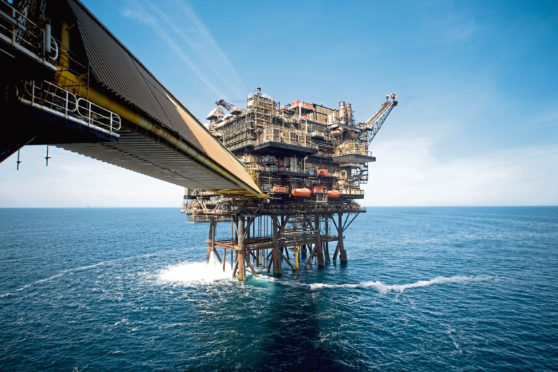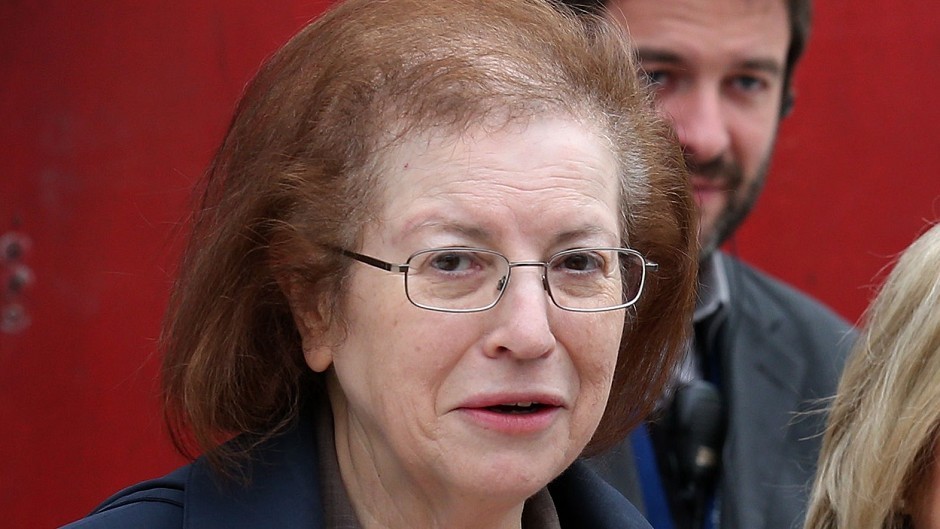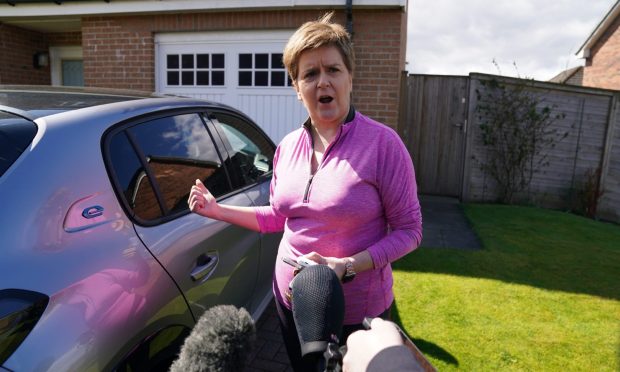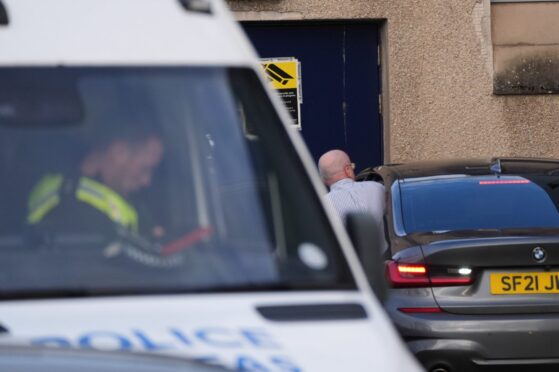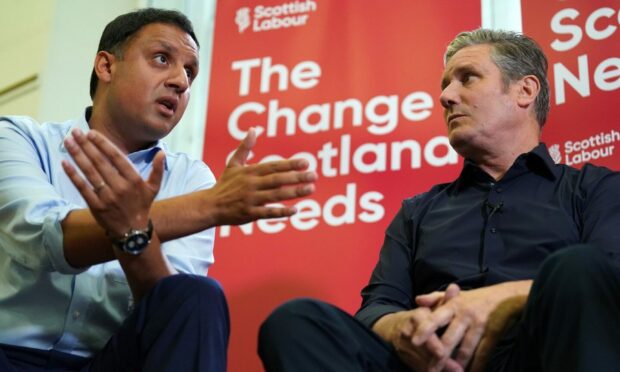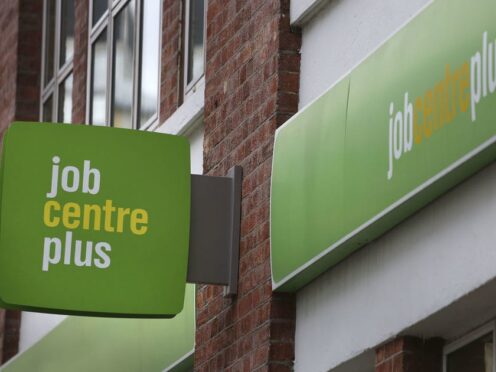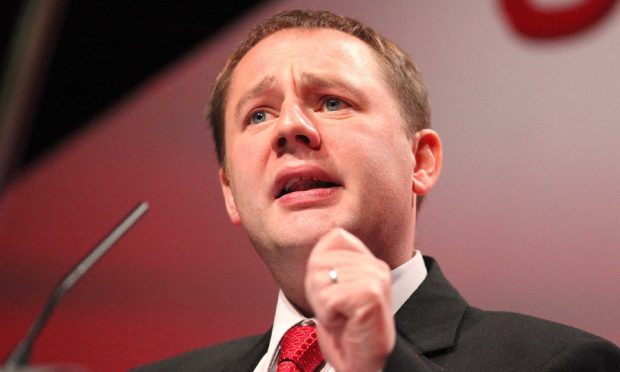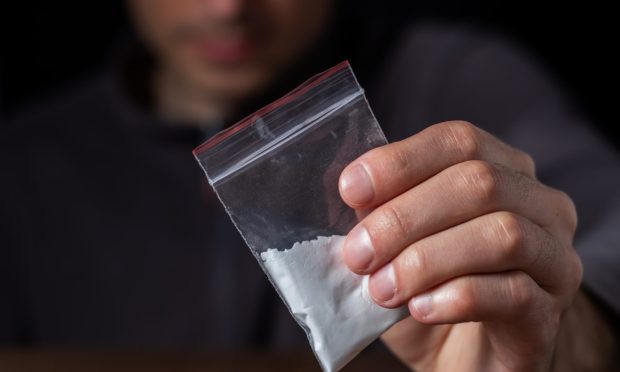The importance of tourism and North Sea oil and gas to Scotland’s economy could mean it is hit harder by the coronavirus crisis than the rest of the UK, a group of experts has warned.
The Scottish Fiscal Commission (SFC), established to give independent economic forecasts to the Holyrood parliament and government, said the damage caused to the two key sectors may create a “larger negative shock” north of the border.
In a new report, the group also suggested that the Scottish Government might struggle to balance its books this year because of the uncertainties surrounding the amount of cash required to respond to the emergency and its lack of borrowing powers.
Earlier this week the Scottish Government’s chief economist, Gary Gillespie, predicted that the nation’s GDP could fall by 33% during the pandemic.
Tourism is worth more than £5 billion each year to the Scottish economy and accounts for 15% of jobs in Argyll and Bute and 12.8% in the Highland region, but is expected to take “several years” to recover from the slump in trade caused by the coronavirus.
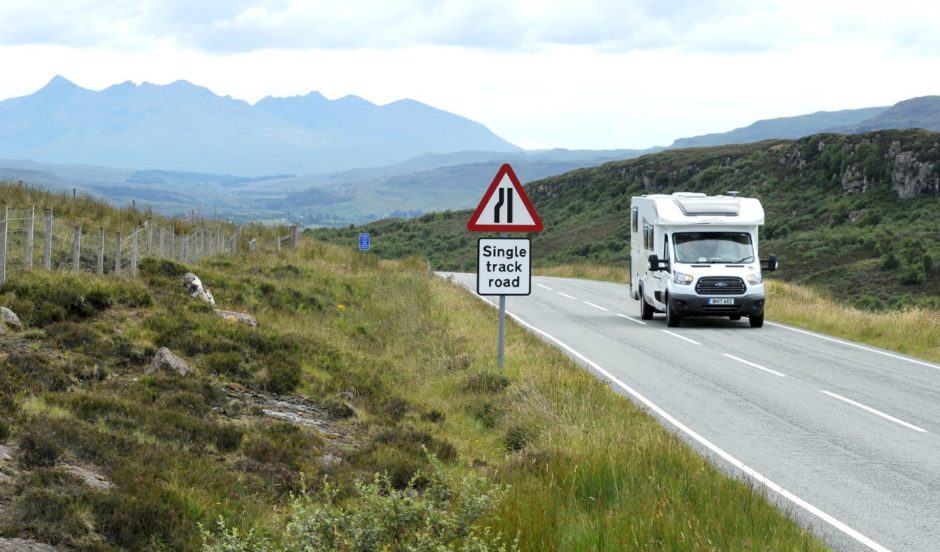
Thousands of jobs are also feared to be at risk in the North Sea oil and gas sector, amid plummeting prices and shelved investments.
Oil and gas and tourism are both important industries for Scotland, forming a larger part of the Scottish economy than the UK economy, and this could lead to a larger negative shock in Scotland than the UK.”
SFC report
Doubts about the industry’s future have been highlighted by The New York Times this week.
In an update on Thursday, the SFC warned of the consequences for Scotland’s economy.
“The oil and gas sector is likely to be affected by the large drop in oil prices, and tourism is likely to see a significant contraction as both international and domestic travel are restricted,” it said.
“Oil and gas and tourism are both important industries for Scotland, forming a larger part of the Scottish economy than the UK economy, and this could lead to a larger negative shock in Scotland than the UK.”
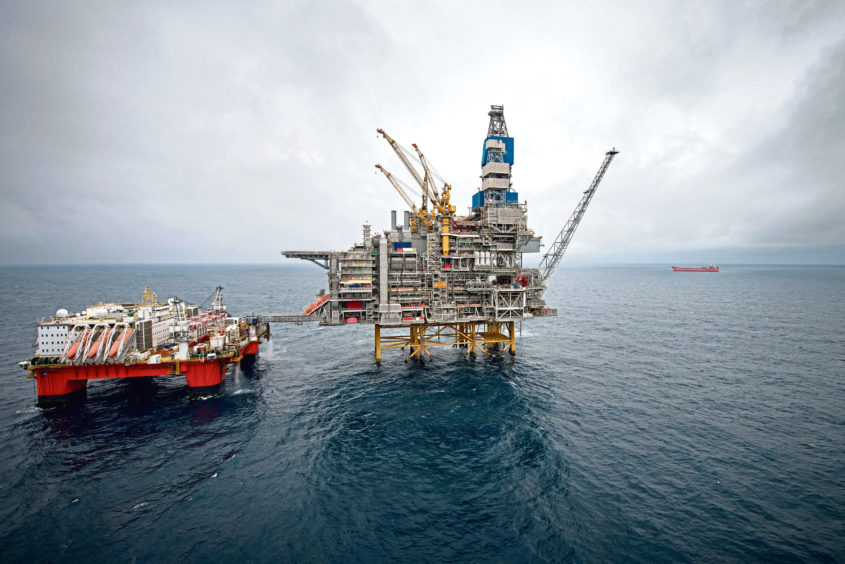
However, the report added: “On the other hand, Scotland has a larger public sector than the UK, which could mitigate the shock.
“At present it is too early to tell if the economic effects of the crisis will differ in Scotland and the rest of the UK.”
The UK Government has announced plans to spend an additional £86bn in 2020/21 to combat the effects of the crisis, and the Scottish Government is expected to receive £3.5bn under the terms of the funding formula.
But the SFC said it may be difficult for the Holyrood administration to balance its budget because of the uncertainties around the coronavirus, and its inability to borrow to respond to the emergency.
The report said the budget issue could be “difficult to manage” if the required responses in Scotland are different from the rest of the UK because Holyrood still relies in part on funding that is determined by spending south of the border.
SFC chairwoman, Dame Susan Rice, said: “The Scottish Government is required to broadly balance its budget and has limited scope for borrowing and using its reserves.
“Given the uncertainties about the level of funding and the spending required to respond to the crisis this may present some challenges.”
The report said that the other major component of the Scottish Government’s funding was income tax, which would be heavily affected by the crisis.
However, the devolution agreement with the UK Government means there will be no effect on the Budget for 2020/21, with any changes to be applied in 2023-24 through an adjustment depending on the relative differences in Scottish and UK income tax performance in 2020/21.
